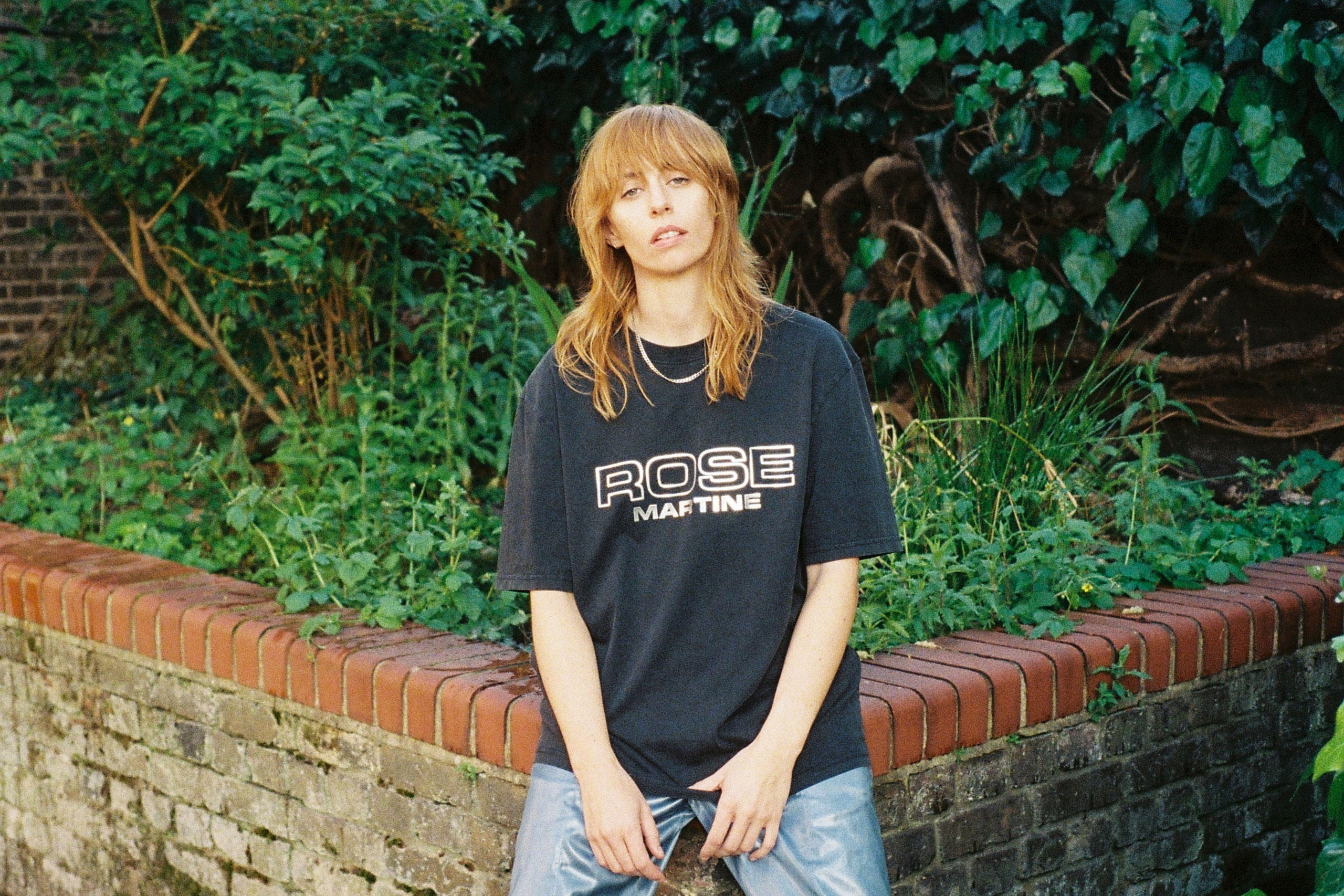It’s a strange contradiction: something soft, malleable, flexible, and yet strangely resilient. Plasticine doesn’t shatter. It just bends.
For Australian songwriter, producer and occasional doctor Gordi, it became the perfect metaphor for the shapeshifting stretch of her past few years – and the guiding principle behind her third album, ‘Like Plasticine’. “I kept thinking about the moments that truly transform us,” she tells Dork. “Experiencing grief, falling in love, coming to terms with my queerness, and feeling people around me shift into a new stage of life. In thinking about that message, I didn’t expect it to feel optimistic, because a lot of the moments that change us can be crushing. But ‘Like Plasticine’ is about our resilience in the face of those forces, how we adapt and change, and how we maintain the essence of who we really are.”
Written in bursts between 2021 and 2022 – one week in a creative retreat in Sydney, another in an old church, and then six solitary months bringing it all home – the album emerges from a period of both personal excavation and global upheaval. “Going into it, I felt like all my ideas had been filling a well that I hadn’t had the time or capacity to look into,” she says. “The writing of it felt a lot more purposeful and intentional than what I had previously experienced. But I didn’t know the content of what was going to come out until it had arrived. I had some sonic touchstones that I kept coming back to, but my main focus was emotion. I wanted to impart the emotion of the stories in these songs into every element of the music.”
That emotional focus is what ties the album together – from the fractured sci-fi blur of ‘Alien Cowboy’ to the shimmering ache of ‘PVC Divide’ to the playfully defiant pop of lead single ‘Peripheral Lover’. That last one, in particular, sees Gordi embrace something rare in her world: joy.
“Creating joy has never really been my focus,” she admits. “I think people listen to my music often so they have space to feel their pain. But joy reared its head on this record, which was a nice change for me. There’s still plenty of sadness, too!”
For ‘Peripheral Lover’, a song about the tentative start of a queer relationship and the heartbreak of emotional delay, Gordi did something radical: she stripped it all back. “It had existed in a number of forms,” she says. “It just wasn’t working. I felt like I was trying too hard. So I zoomed out, changed a couple of chords, and suddenly it unlocked.”
She wrote “KISS” – keep it simple, stupid – on a Post-it note above her desk in Melbourne. “That’s not a philosophy I embrace often,” she laughs. “But sometimes the simplest version is the truest one.”
In the accompanying video, Gordi drags a DIY kissing booth around Dallas, Texas, inviting strangers to share a moment of spontaneous affection. “We put a call out to any non-male queer people who’d be up for coming to the shoot and making out with a total stranger,” she grins. “Unsurprisingly, an abundance of people showed up. And they all went for drinks together after. It burst my heart open.”
“I’m working on the record that’s going to come after this”
If ‘Like Plasticine’ is about change, it’s one grounded in context – and Gordi’s context is a uniquely dual one. For years, she’s balanced music with her work as a doctor, including shifts on the pandemic frontlines in remote Australian hospitals. It’s a dual identity that lends songs like ‘PVC Divide’ and ‘Automatic’ their aching specificity.
“I had a front-row seat to the grief of many people,” she says. “Every other week, I was flying to a new town to fill in shifts at understaffed hospitals. It was a time when so much was out of our control. For many of those hours I dwelled on the concept of ‘Like Plasticine’ – how much we are at the mercy of our context, how much we can withstand.”
Fatigue, naturally, followed. “Not unexpected,” she adds. “I worked on a lot of these songs with various collaborators and eventually brought them all home with me and sat in a room by myself finishing the record for about six months. It’s a challenge not to have your ears totally fatigue when you’ve been working on the same songs for that period of time.”
Alongside her solo work, Gordi has collaborated with a genre-defying list of artists – Bon Iver, Phoebe Bridgers, Julien Baker, Troye Sivan – and even co-wrote the theme for Oscar-nominated animated film The Mitchells vs the Machines. But she’s clear: whether she’s scoring a movie or writing from her soul, it’s always about the feeling.
“Writing for visual media gives you ready-made inspiration,” she explains. “The story is already there, and I’m just trying to expand on it and provide a particular perspective. It’s a different approach to writing because you’re trying to meet a brief, and it feels like creative problem-solving. Both the songs for Three Months and The Mitchells vs the Machines were a real joy to create.
That clarity of focus bleeds into her future ambitions, too. “I’m always making something,” she says. “I’m working on the record that’s going to come after this. I’ve been making music with various friends, and I’ve been producing some work for other artists.”
With ‘Like Plasticine’, Gordi doesn’t just document change – she embodies it. Whether she’s crafting delicate folk with SOAK, layering synths in a Sydney church, or gently holding strangers’ hands during lockdown, her work pulses with a rare, radiant empathy.
Gordi’s album ‘Like Plasticine’ is out 8th August.

Leave a Reply